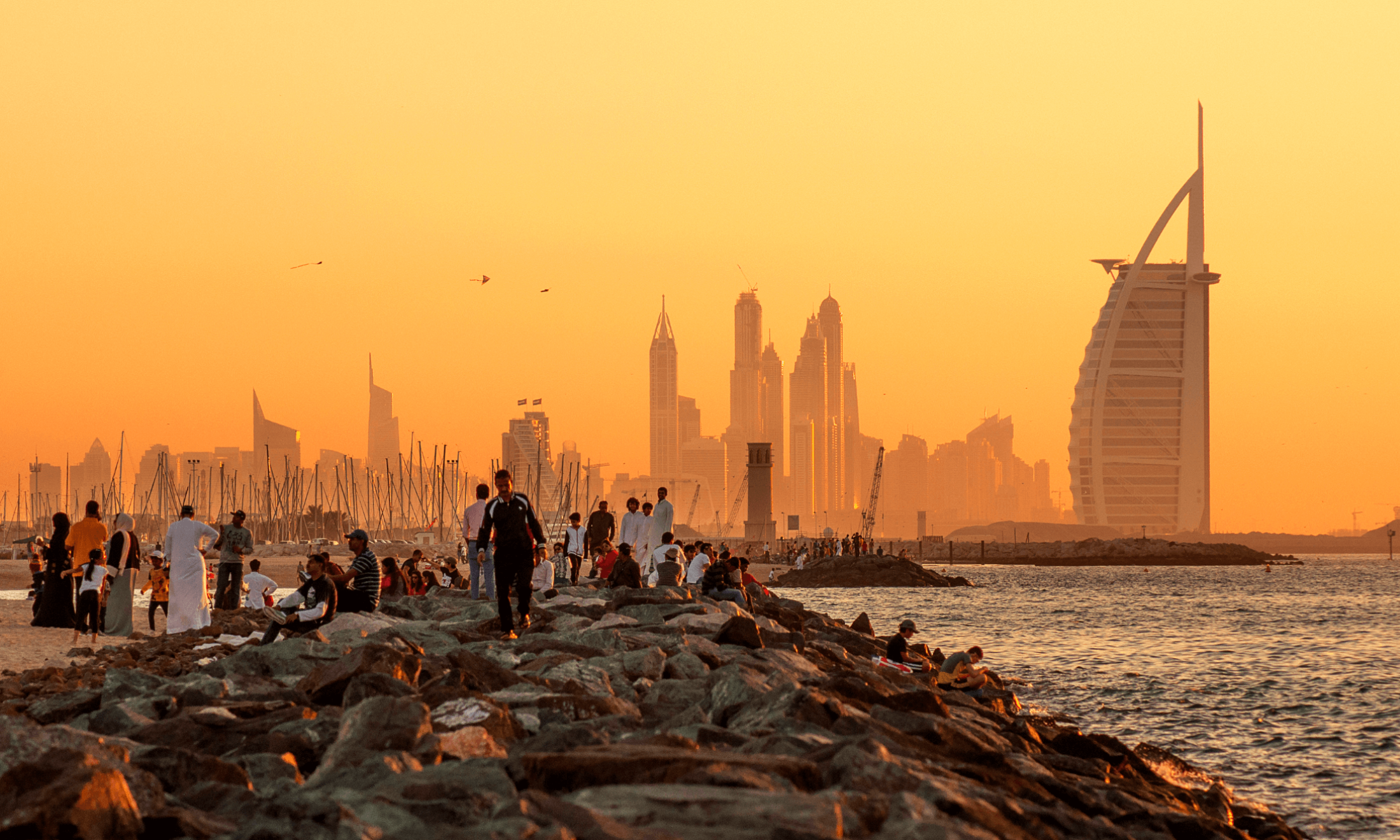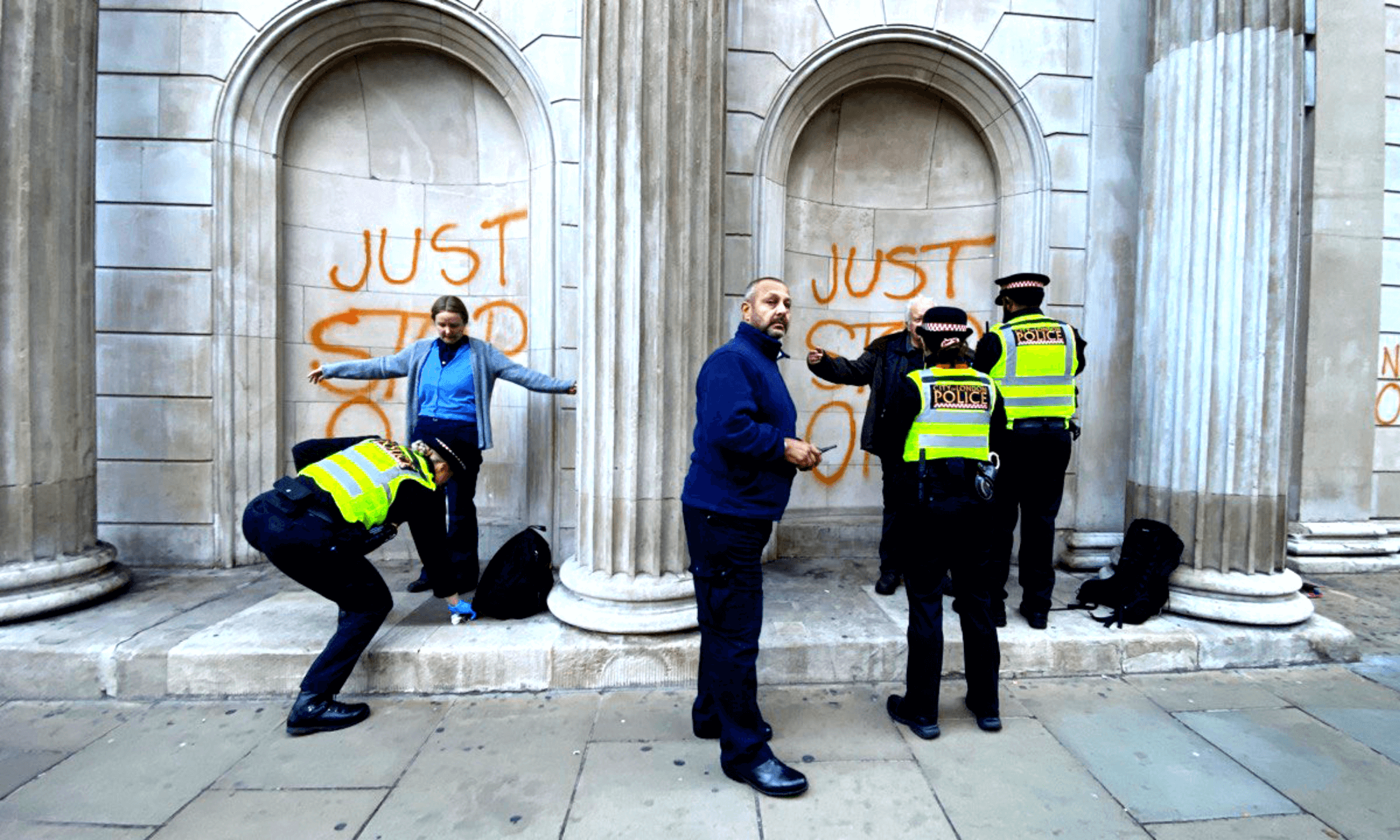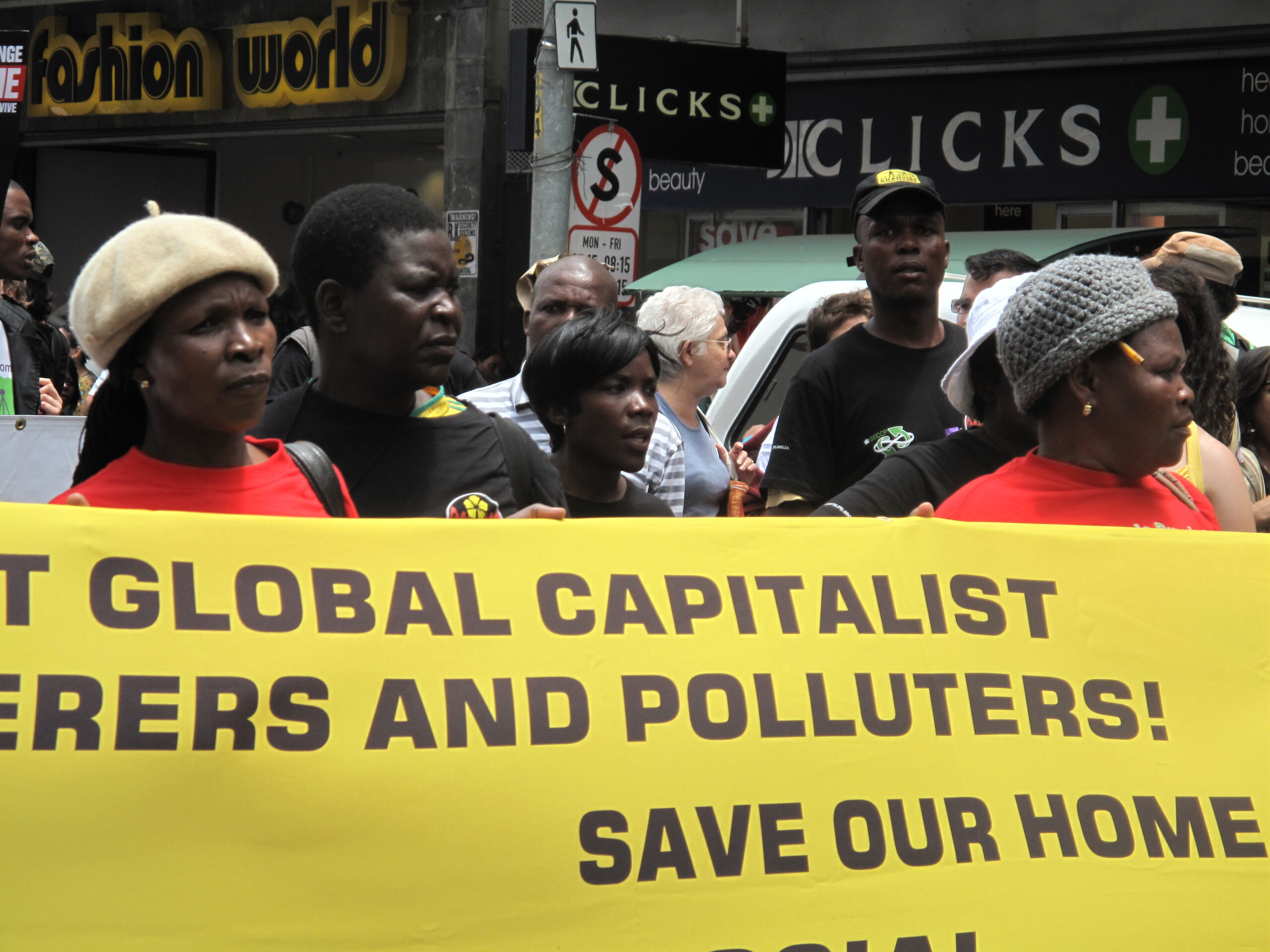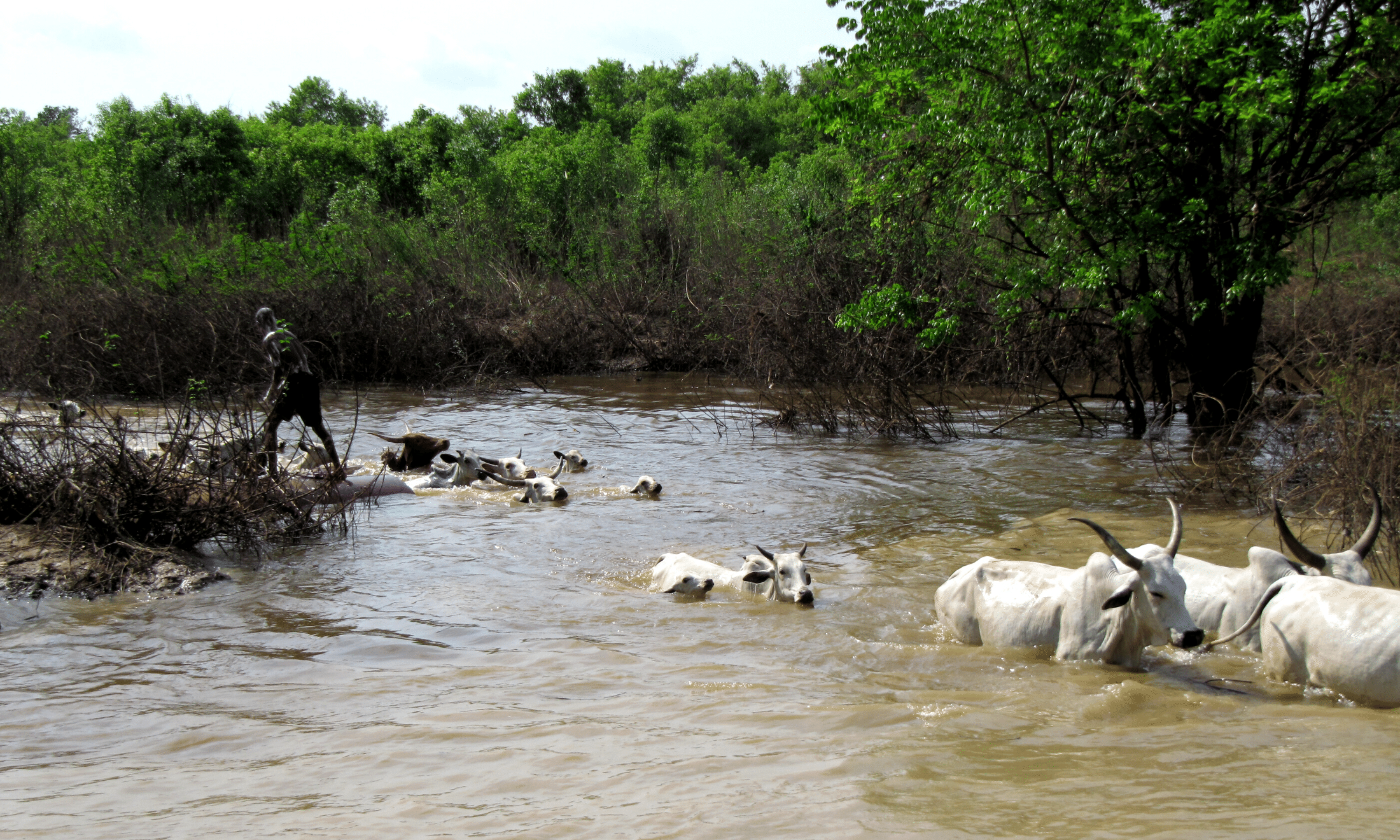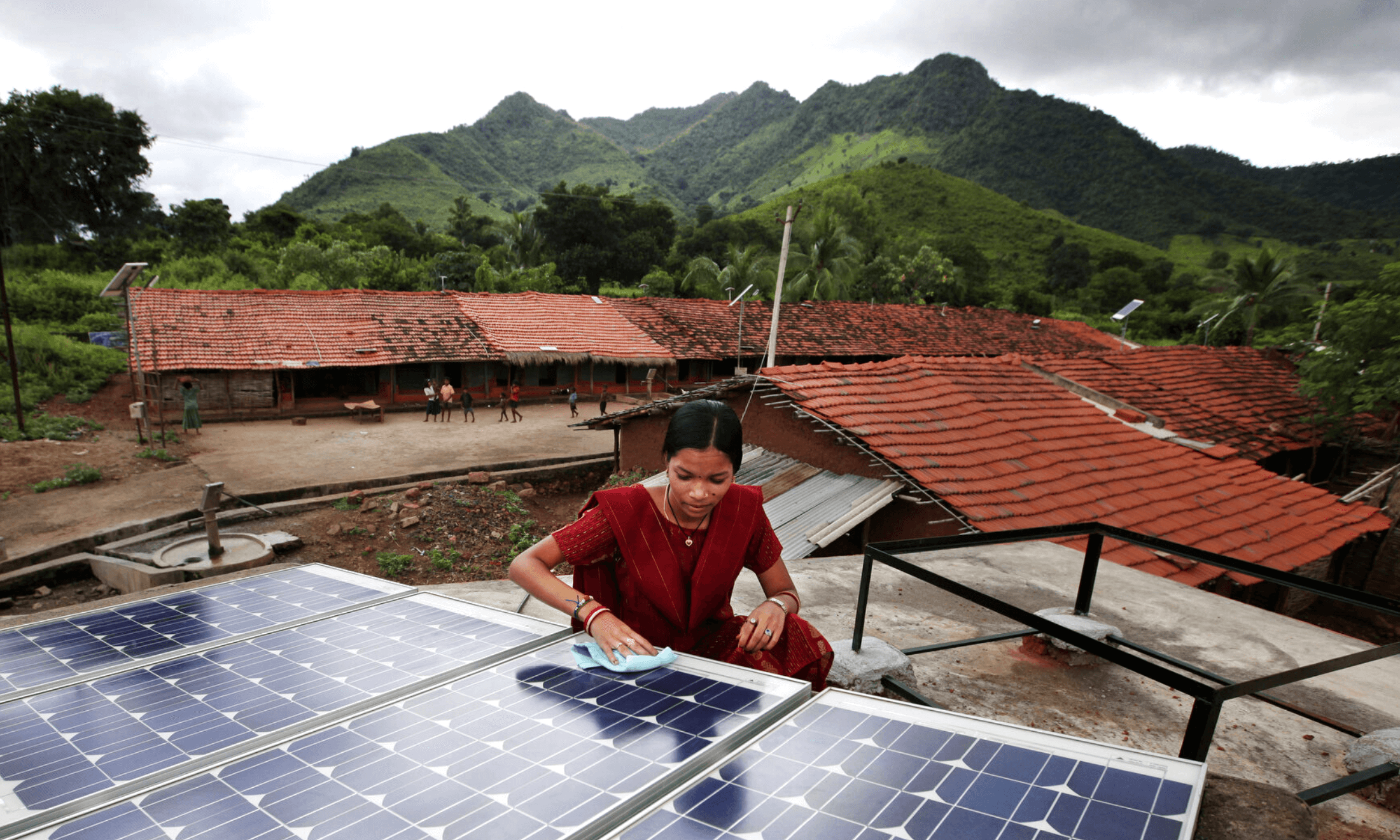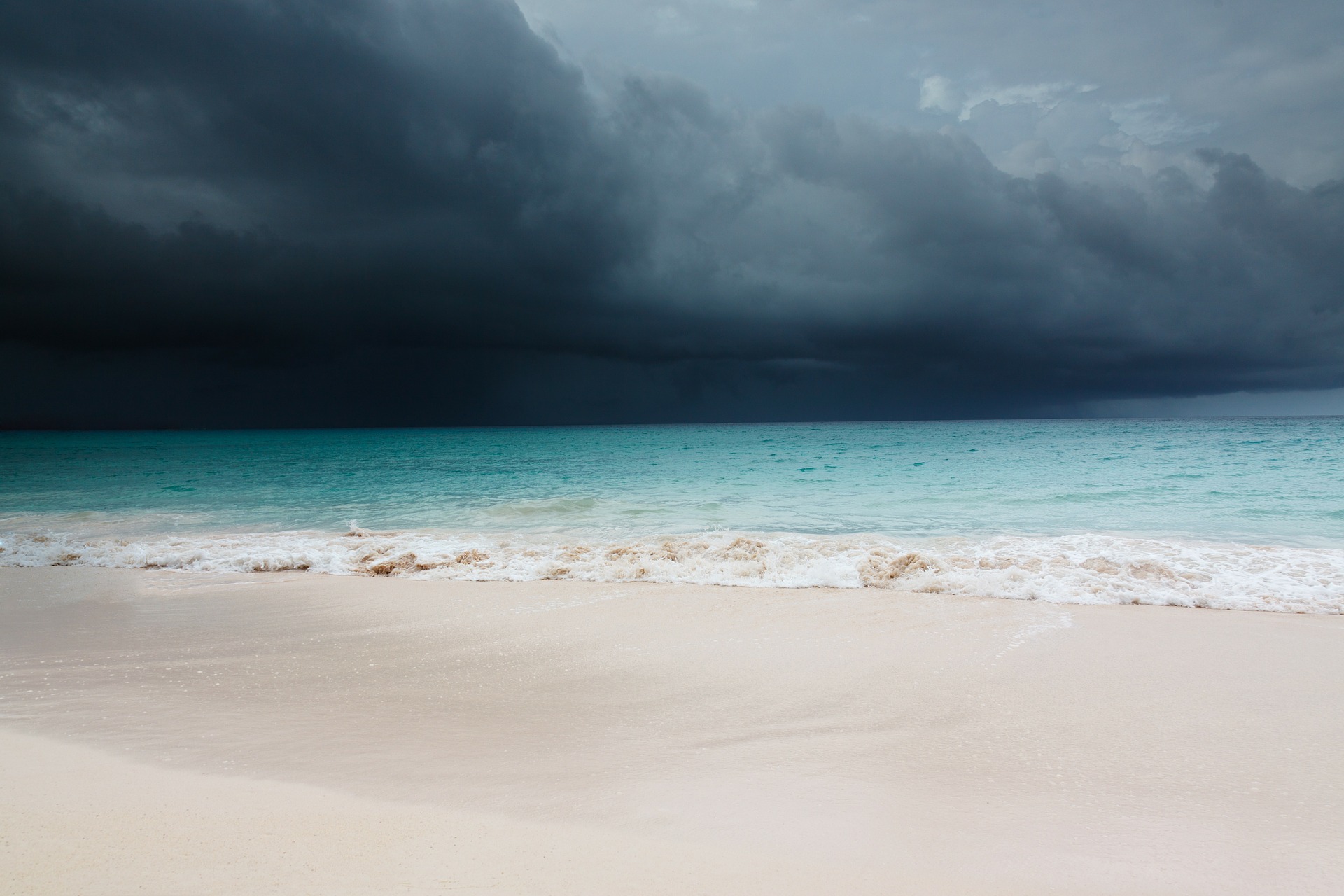
How the hurricane in The Bahamas is shedding light on Caribbean xenophobia and climate change
Christina Ivey
05 Sep 2019
Photography via Pixabay
Hurricane Dorian has ravaged The Bahamas, with at least 20 people confirmed dead as the storm makes its way towards Florida. The low lying islands were inundated by storm surges of up to seven metres and Category 5 winds reaching top speeds of 183 miles per hour. Even in more inland areas, parts of the island chain received 0.89 metres of rain. But what’s worse is how the storm has emotionally ravaged the people of The Bahamas. A quick Twitter search reveals people dealing with extreme anxiety as well as those desperately searching for missing friends and family members.
One thing that has been heartening to witness is the support The Bahamas is receiving from the region, especially those nations which are member states of the Caribbean Community (CARICOM). But their commitment to helping the Bahamas recover has been astounding given the anti-integration stance of the Bahamian government. Hubert Minnis, who was elected as prime minister in 2017, firmly stated earlier this year that the country was totally opposed to free movement within the Caribbean Single Market Economy. He is quoted describing Haitian people as a “plague” and said that free movement poses a threat to the security and employment of the Bahamian people.
Deputy Bahamian Prime Minister, Kevin Peter Turnquest has estimated that the damage from the hurricane will cost the nation “hundreds of millions, if not billions” of US dollars in damage. For a nation whose gross national income in 2017 was $12.16 billion (roughly £10 billion), that’s a debilitating sum of cash. Whilst Queen Elizabeth, who is also The Bahamian Head of State, has only offered “thoughts and prayers”, Jamaican Prime Minister Andrew Holness has said that emergency response units are “primed and ready” to help the disaster recovery effort in Abaco and Grand Bahama, the two worst hit islands in the storm. Dean Barrow, Belizean Prime Minister, has pledged to assist “in any way we can”. The efforts Dean is referring to fall under the Caribbean Disaster Emergency Management Agency (CDEMA), the regional body responsible for disaster recovery. The Prime Minister of Trinidad and Tobago has even gone as far as calling for all able-bodied citizens to demonstrate Trinidad and Tobago’s “usual generosity and compassion to the people of The Bahamas”.
Hubert’s views on Caribbean integration stand in contrast to his regional peers. He has served under the populist conservative Free National Movement for his entire political career, so his statements aren’t surprising. His party also won 35 out of 39 seats available in the Bahamian Parliament, so his leadership can’t really be considered a marginal force. But given that the Caribbean, The Bahamas in particular, will be one of the first regions to feel the effects of climate change, his words set a dangerous precedent on freedom of movement in a time of impending climate crisis.
“The Caribbean stands to lose a great deal from climate change so it’s self-destructive to try and isolate one’s country at this point in time”
The Bahamas, whose name is thought to be derived from the Spanish baja mar meaning “shallow sea”, is an archipelago consisting of over 700 tiny islands in the Atlantic Ocean, north of Cuba and slightly southeast of Florida. The country’s highest point is 64 metres in altitude. For reference, London’s Shard is 310 metres tall. Situated in warm waters, the island lies directly in the path of most Atlantic tropical storms, which are expected to intensify in the years following due to man-made climate change. This is coupled with the threat of sea-level rise; 80% of the archipelago is already below sea level. So, the likely best-case scenario for the Bahamian people in the midst of climate change looks to be migration to higher ground.
That being said, the question emerges: why did The Bahamas elect such an anti-immigration head of government? Already, I’m sure Hubert’s statements are haunting him. He’s already described the most intense day of the storm, Sunday 1 September as “the worst day” of his life. The Caribbean stands to lose a great deal from climate change so it’s self-destructive to try and isolate one’s country at this point in time. Every country should be taking this moment to adopt what will have to be the new norms of an international system devastated by climate change: mutual aid and freedom of movement.
You can donate to the HeadKnowles Foundation, a Bahamian-led charity with a strong record of providing disaster relief, here

